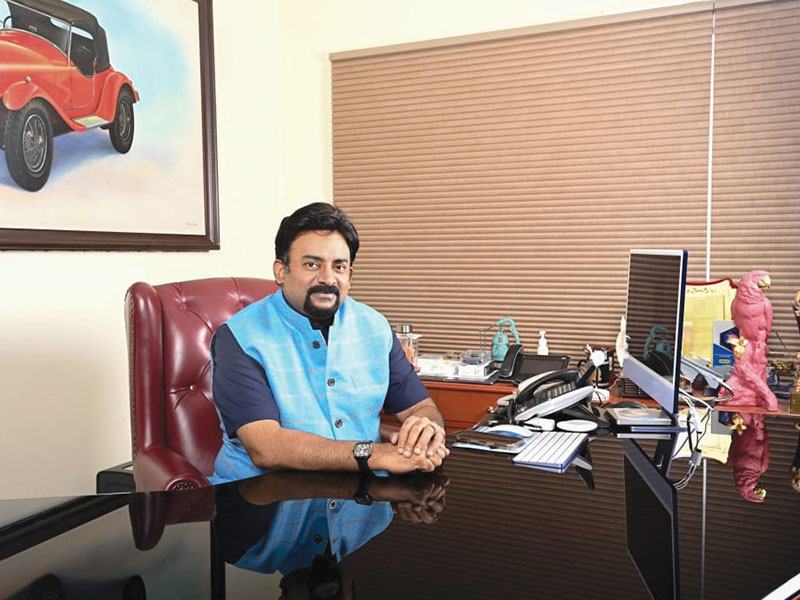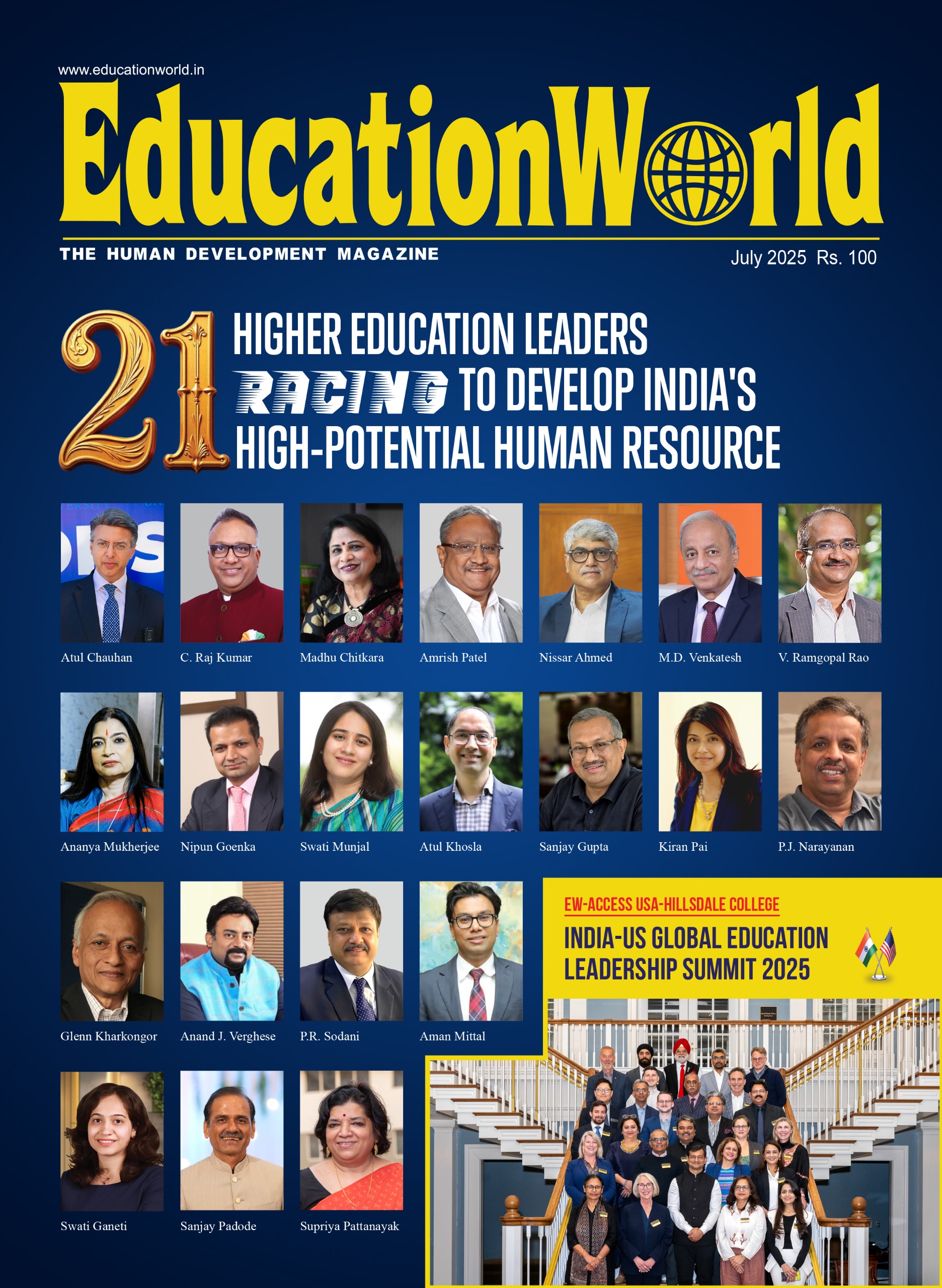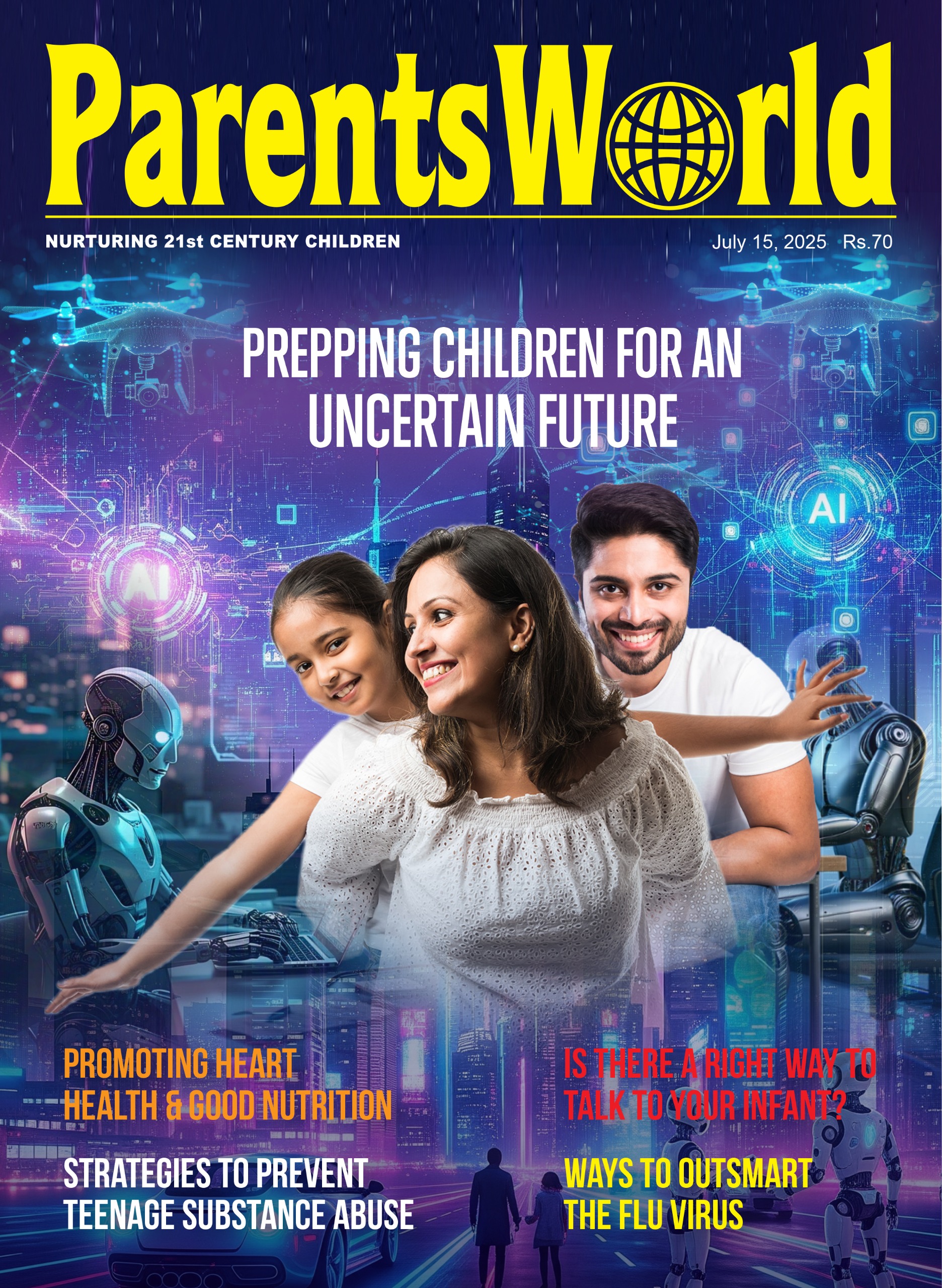Anand Jacob Verghese
Chairman, Hindustan Group of Institutions, Chennai

An alumnus of US International and Huron universities (London) and Dongguk University, Seoul, Anand Jacob Verghese is Chairman of the Hindustan Group of Institutions and Chancellor of the Hindustan Institute of Technology & Science (HITS) Deemed-to-be University, Chennai.
What are the major objectives set for Hindustan Group until India’s centenary year in 2047?
Our key objectives include establishing world-class incubation hubs, advanced and deep-tech accelerators; transforming HITS into one of the most preferred international education destinations; climbing to the top of global education rankings; building futuristic, multi-disciplinary schools focused on climate science, green mobility, ethics in AI, law & governance, and signing strategic partnerships with MNCs and governments. By 2047, Hindustan Group institutions will be ranked among the world’s most prestigious higher ed institutions and will actively shape the future of education, research, and nation-building.
How satisfied are you with your progress thus far?
Our first institution — Hindustan Institute of Engineering Technology — was started in 1966. Since then, we’ve built a constellation of institutions that includes HITS, a top-ranked university with NAAC A+ accreditation; KCG College of Technology; Hindustan College of Arts & Science; Orient Flights Aviation Academy — the first private flying training school in India; Hindustan College, Mysuru and three Hindustan International schools. Over the years we have certified over 100,000 individuals who are shaping India and the world.
Yet, we believe our journey has only just begun. To remain abreast of disruptive changes in technology and education, our focus is on developing responsive, inclusive, and innovative institutions to produce tomorrow’s leaders.
What are some initiatives to contemporise your syllabus/curriculum?
We are moving beyond conventional curriculum models to incorporate AI-First, Industry 5.0, and experiential learning frameworks across all disciplines, including architecture, biotechnology, liberal arts, and management. Moreover, we have active global collaboration agreements with 150 higher ed institutions in 42 countries including Cranfield University (UK), Trier University (Germany), and Dongguk University (Korea) and partnerships with blue-chip companies including Boeing, IBM, Zoho, and Royal Enfield to enable students to bridge the gap between classroom knowledge and real-world knowledge application.
How satisfied are you with Hindustan Group’s connection with Indian industry and business?
We are proud of the enduring trust-based relationships we share with leading MNCs, public and private sector companies. As a result our graduates are placed in top ranked companies such as IBM, TCS, Wipro, Boeing, Indigo, CTS, Accenture, Air Asia, among others.
R&D and innovation are widely perceived as Indian academia’s infirmity. What’s your institutional response to create new knowledge?
In Hindustan Group institutions we have created a research-to-impact ecosystem anchored by 16 specialised research & skill centers including the Hindustan Entrepreneurship and Innovation Centre and Bay Range Innovation and Incubation Council to empower startups. Our faculty and researchers have over 6,100 publications to their credit and have registered 219 patents of whom five are in Stanford’s top 2 percent scientist list.
What’s your prescription for transforming India into a $30 trillion GDP economy by 2047?
To achieve this goal, we need to invest in quality education for all. We need to focus on vocational education and digital fluency; research and innovation; build strong academy-industry linkages and develop indigenous technologies. We also need to inculcate entrepreneurship among youth, especially in Tier II and III cities. Finally, we need inclusive growth to ensure every citizen benefits from economic progress.
How optimistic are you about India’s future growth?
Cautiously optimistic. India’s progress in IT, space, pharma, and fintech has received global validation. However, equitable access to education opportunities, and digital infrastructure remains a challenge.
I believe our youth can be developed into a transformative nation-building force multiplier. Education institutions are custodians of their aspirations. By aligning learning with market needs, instilling ethical values, and insisting on adherence to global standards, we have to equip them to become innovators and global leaders.
Also Read: Freedom fallout























